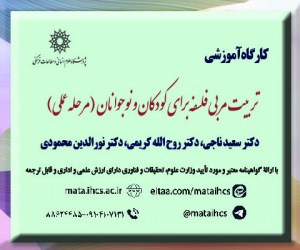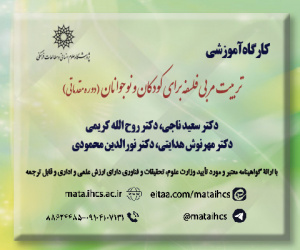کارکرد سیاسی- اقتصادی جاده دزپارت در مناسبات دولت صفویه و ایل بختیاری
آرشیو
چکیده
جاده دزپارت از مهم ترین جاده های سرزمین بختیاری است که سابقه آن به عهد باستان می رسد. این جاده به دلایل استراتژیک، در دوره صفویه جایگاه خاصی داشت و حاکمیت صفویه برای دستیابی به اهداف خود، جاده را که آسیب دیده بود تعمیر کرد و از آن بهره برد. بخشی از این جاده در دوره شاه عباس اول و دوم برای اهداف سیاسی و اقتصادی مورد استفاده قرار می گرفت. در این پژوهش، اهداف شاهان صفوی از توجه به این جاده در زمینه بهره برداری های سیاسی و اقتصادی مورد بحث قرار می گیرد. این اهداف شامل ترویج فرهنگ شیعی در سرزمین بختیاری، زیر نظر گرفتن حاکمان ایل توسط حکومت صفویه، تجارت داخلی بین سرزمین بختیاری و اصفهان (پایتخت صفویه) و سرانجام رفت و آمد برای انجام طرح انتقال آب کوهرنگ به اصفهان از طریق احداث آبراه در کوه بود. این پژوهش بر اساس منابع کتابخانه ای و بازدید از کتیبه ها و منابع تاریخ صفویه و همچنین بر مبنای روش توصیفی- تحلیلی انجام شده است.Political-Economic Functions of Dez-Part Road in the Relationships between the Safavid Government and Bakhtiari Tribe
Dez-Part is one of the most important roads of Bakhtiari land and dates back to ancient times. Due to strategic reasons, this road was of particular importance during the Safavid era. In fact, in order to achieve their purposes, Safavid rulers repaired the road, which had been damaged previously, and used it to their own advantage. A part of Dez-Part was used during the reigns of Shah Abbas I and Shah Abbas II for political and economic purposes. This paper discusses the purposes behind Safavid kings’ attention to this route with respect to political and economic benefits. These purposesincluded the spread of the Shi’ite culture in Bakhtiari lands, keeping Bakhtiari rulers under surveillance, conducting national trade between Bakhtiari lands and Isfahan (the Safavid capital), and finally commuting for the purpose of transferring the water of Kuhrang River to Isfahan through building a waterway in the mountain. Following a descriptive-analytic method, this study was conducted through using library resources, observing epigraphs, and examining documents on Safavid history.



